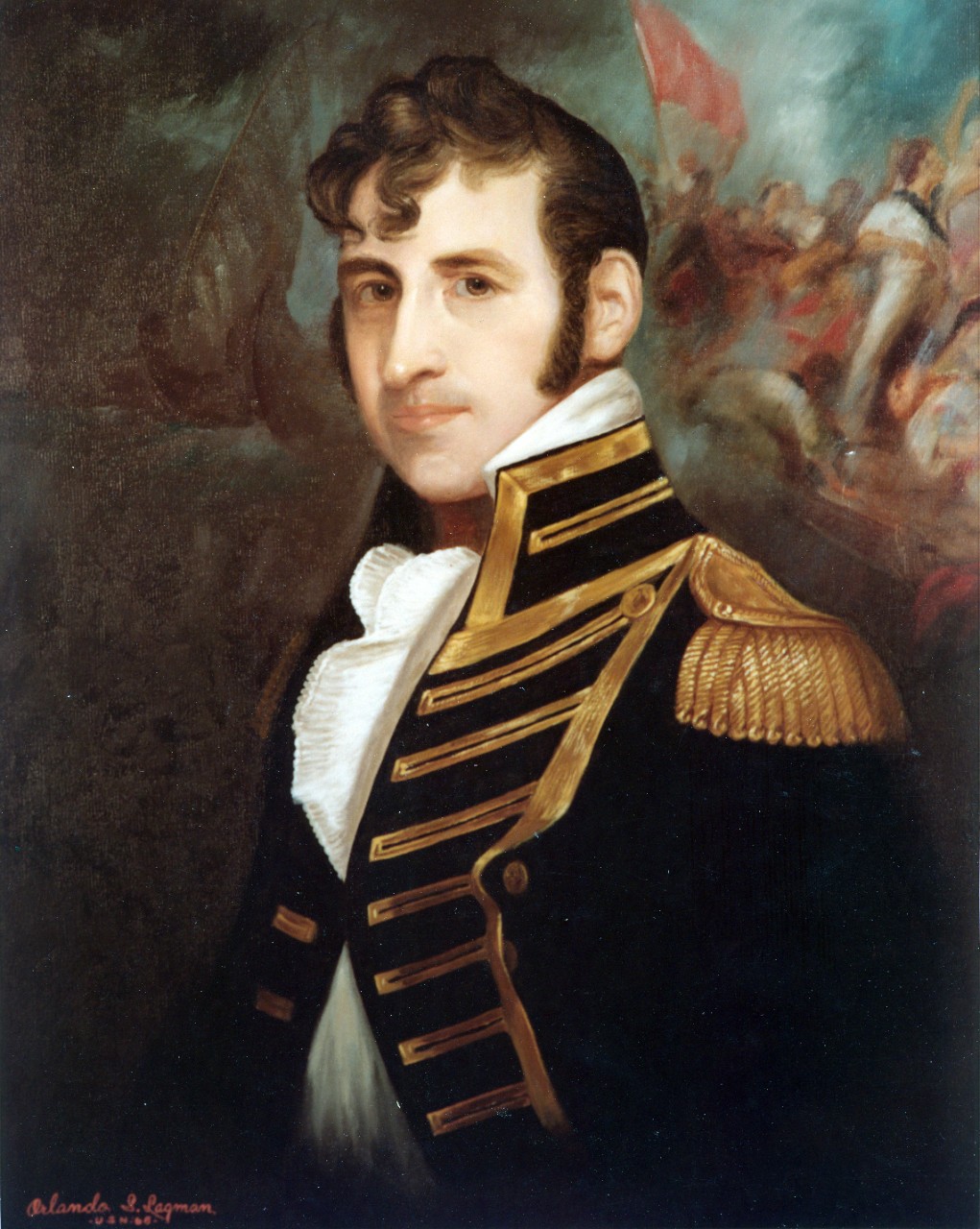Stephen Decatur ZB file, box 62, Navy Department Library.

The Navy Department Library
- Expand navigation for ZB Files - A ZB Files - A
- Abbot, Joel - biography
- Alden, James
- Ammen, Daniel - Biographical Sketch
- Abbott, Andrew - Pay Record 1838
- Abbott, Andrew - Age Confirmation
- Abbott, Charles C
- Abbott, David M - Letter to RADM DD Porter 1864
- Abbott, David M - Citation note
- Abbott, George - Letter to Gideon Welles 1865
- Abbott, George - Letter to RADM DD Porter 1865
- Abbott, J Gurley - Civil War Records
- Anderson, Carl Eric
- Anderson, Charles Carter
- Anderson, Richard Beatty
- Expand navigation for ZB Files - B ZB Files - B
- Expand navigation for ZB Files - C ZB Files - C
- Expand navigation for ZB Files - D ZB Files - D
- Dahlgren, John A.
- Dale, Richard
- Expand navigation for Decatur, Stephen Decatur, Stephen
- Denby, Edwin
- Dent, John Herbert
- Dewey, George
- Dickerson, Mahlon
- Drayton, Percival
- Dobbin, James Cochrane
- Expand navigation for ZB Files - E ZB Files - E
- Expand navigation for ZB Files - F ZB Files - F
- Expand navigation for ZB Files - G ZB Files - G
- Expand navigation for ZB Files - H ZB Files - H
- ZB Files - I
- Expand navigation for ZB Files - J ZB Files - J
- Expand navigation for Jones, John Paul Jones, John Paul
- William Jones
- Expand navigation for ZB Files - K ZB Files - K
- Expand navigation for ZB Files - L ZB Files - L
- Expand navigation for ZB Files - M ZB Files - M
- Expand navigation for ZB Files - N ZB Files - N
- ZB Files - O
- Expand navigation for ZB Files - P ZB Files - P
- Pearson, Frederick
- Peary, Robert E.
- Expand navigation for Perry, Matthew Calbraith Perry, Matthew Calbraith
- Perry, Oliver Hazard
- Philip, John Woodward
- Preble, Edward
- Preston, William B.
- Paulding, James Kirke
- Patterson, Daniel Todd
- ZB Files - Q
- Expand navigation for ZB Files - R ZB Files - R
- Expand navigation for ZB Files - S ZB Files - S
- Expand navigation for ZB Files - T ZB Files - T
- ZB Files - U
- ZB Files - V
- Expand navigation for ZB Files - W ZB Files - W
- ZB Files - XYZ
- POW - Prisoner of War
- Biography
- Barbary Wars 1801-1805, 1815
- War of 1812 1812-1815
- Quasi War with France 1798-1801
- Image (gif, jpg, tiff)
Stephen Decatur, Jr.
5 January 1779 - 22 March 1820

Related Resource:
"The Death of Commodore Decatur"
Born in Sinnepuxent, Maryland, 5 January 1779. Died at Washington DC, 22 March 1820. Buried in St. Peter's Churchyard, Philadelphia, Pennsylvania.
Appointed Midshipman US Navy, 30 April 1798.
Lieutenant 21 May 1799.
Captain 16 February 1804.
Served as Midshipman on the USS United States, 1798-1799, War with France. Conspicuous for gallantry in War with Tripoli, 1803-1804. Recaptured the USS Philadelphia from the Tripolitans, in the harbor of Tripoli, and destroyed her, 16 February 1804. War of 1812, distinguished for the capture of the HMS Macedonian 25 October 1812; commanded the USS United States at this time. In the spring of 1814 commanded the President and a squadron of three vessels, in the West Indies and flew the pennant of Commodore. 15 January 1815, the USS President had a severe engagement with the British West India Squadron, and surrendered after having lost a quarter of her crew and being surrounded by three frigates Decatur was made prisoner, taken to Bermuda, and from there sent to New London on parole, in the British frigate HMS Narcissus.
After peace was declared with Great Britain, Decatur commanded the US Mediterranean Squadron and secured the final treaty of peace with the Barbary Powers.
From 1816 to 1820 he was Navy Commissioner.
He received the thanks of Congress and a sword for his service before Tripoli and a gold medal for distinguished service in the War of 1812.
His sad death from a duel with Commodore Barron was deeply deplored by the whole country.
His remains were temporarily deposited in the tomb of Joel Barlow at Washington, but later removed to Philadelphia.
[END]
Footnotes

- Accessibility/Section 508 |
- Employee Login |
- FOIA |
- NHHC IG |
- Privacy |
- Webmaster |
- Navy.mil |
- Navy Recruiting |
- Careers |
- USA.gov |
- USA Jobs
- No Fear Act |
- Site Map |
- This is an official U.S. Navy web site


